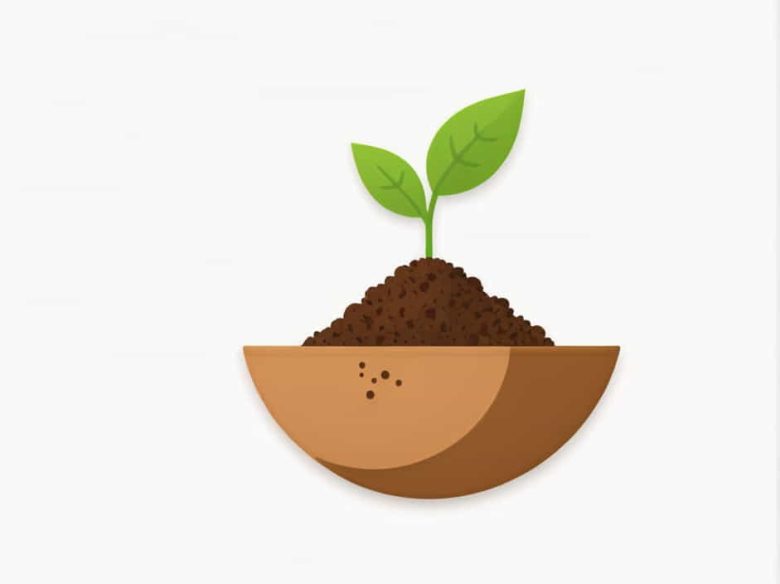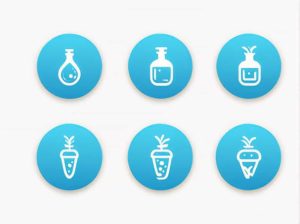Soil pollution is a growing environmental problem that affects the health of humans animals and plants. It occurs when harmful substances such as chemicals heavy metals and waste materials contaminate the soil. This pollution reduces soil fertility harms ecosystems and poses serious health risks.
Understanding the causes effects and solutions to soil pollution is essential to protecting the environment and ensuring sustainable agriculture.
What Is Soil Pollution?
Soil pollution refers to the contamination of soil with toxic substances that negatively impact its quality and ability to support life. These contaminants can come from industrial waste agricultural chemicals and improper waste disposal.
Unlike water or air pollution soil pollution is less visible but its long-term effects can be devastating. Polluted soil can reduce crop yields harm wildlife and even contaminate groundwater.
Causes of Soil Pollution
Several human activities contribute to soil pollution. The most common causes include industrial waste agricultural practices deforestation and improper disposal of waste.
1. Industrial Waste
Industries produce a large amount of toxic waste including chemicals heavy metals and radioactive materials. When these substances are dumped into landfills or released into the environment they seep into the soil and cause pollution.
Common industrial pollutants include:
- Lead mercury and arsenic from mining and metal industries
- Chemical solvents from manufacturing plants
- Oil spills from petroleum industries
2. Agricultural Chemicals
The excessive use of pesticides herbicides and fertilizers leads to soil contamination. These chemicals can:
- Kill beneficial microorganisms that support soil health
- Accumulate in the soil making it toxic for plants
- Leach into groundwater affecting drinking water sources
3. Deforestation and Land Degradation
Deforestation removes trees and vegetation exposing soil to erosion. When trees are cut down the soil loses its protective cover making it vulnerable to pollution from air and water.
Land degradation also occurs due to overgrazing mining and urbanization which disturb the natural balance of soil composition.
4. Improper Waste Disposal
Dumping plastic waste e-waste and household garbage directly into landfills pollutes the soil. Many of these materials contain harmful chemicals that take hundreds of years to break down.
E-waste such as old batteries and electronics contains lead cadmium and other toxic metals which can leach into the soil and groundwater.
5. Sewage and Household Waste
Improper disposal of sewage sludge and household waste releases harmful bacteria and chemicals into the soil. Open defecation and lack of proper sanitation also contribute to soil pollution spreading diseases.
Effects of Soil Pollution
Soil pollution has far-reaching consequences for human health agriculture and the environment.
1. Reduced Soil Fertility
Polluted soil loses its nutrient content making it less productive for farming. Toxic chemicals kill beneficial bacteria and fungi leading to poor crop growth and reduced food production.
2. Contamination of Food and Water
Crops grown in polluted soil can absorb harmful chemicals which then enter the food chain. Consuming contaminated food can lead to serious health issues including cancer neurological disorders and organ damage.
Pollutants can also seep into groundwater sources contaminating drinking water and increasing health risks for humans and animals.
3. Health Risks to Humans
Exposure to soil pollutants can cause a variety of health problems including:
- Skin diseases from direct contact with contaminated soil
- Respiratory issues from inhaling toxic dust ptopics
- Neurological disorders due to exposure to heavy metals
- Cancer and reproductive problems from prolonged exposure to chemicals like pesticides and industrial waste
4. Harm to Wildlife and Ecosystems
Soil pollution disrupts ecosystems by harming plants insects and animals. Many species depend on healthy soil for survival. When the soil is contaminated it affects the entire food chain leading to loss of biodiversity.
5. Air Pollution and Climate Change
Pollutants in the soil can release toxic gases into the air worsening air pollution. Some chemicals such as volatile organic compounds (VOCs) contribute to greenhouse gas emissions accelerating climate change.
Solutions to Soil Pollution
Preventing and reducing soil pollution requires a combination of government policies sustainable practices and public awareness.
1. Proper Waste Management
- Promote recycling and waste segregation to reduce landfill pollution.
- Dispose of hazardous waste such as batteries and chemicals in designated facilities.
- Reduce plastic waste by using biodegradable alternatives.
2. Sustainable Agriculture
- Use organic fertilizers and natural pesticides to reduce chemical contamination.
- Practice crop rotation and conservation tillage to maintain soil fertility.
- Encourage composting to improve soil health naturally.
3. Industrial Regulations and Pollution Control
- Enforce strict laws to control industrial waste disposal.
- Promote the use of eco-friendly technologies to minimize chemical waste.
- Encourage industries to adopt waste treatment solutions before releasing pollutants into the environment.
4. Reforestation and Soil Conservation
- Plant more trees and vegetation to prevent soil erosion.
- Protect wetlands and green spaces that help filter soil pollutants.
- Implement land restoration projects in polluted areas.
5. Public Awareness and Education
- Educate people about the dangers of soil pollution and how they can help prevent it.
- Encourage participation in clean-up drives and environmental campaigns.
- Support government policies that promote sustainable environmental practices.
Soil pollution is a serious issue that threatens human health agriculture and ecosystems. It is caused by industrial waste agricultural chemicals deforestation and improper waste disposal. The effects of soil pollution include reduced soil fertility health problems and environmental damage.
To combat this problem individuals industries and governments must work together to implement waste management strategies promote sustainable agriculture and raise awareness. By taking action today we can protect our soil for future generations and ensure a cleaner healthier planet.



